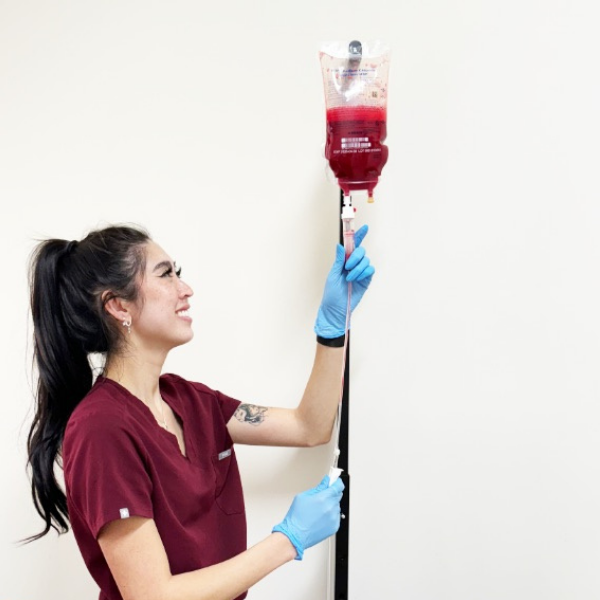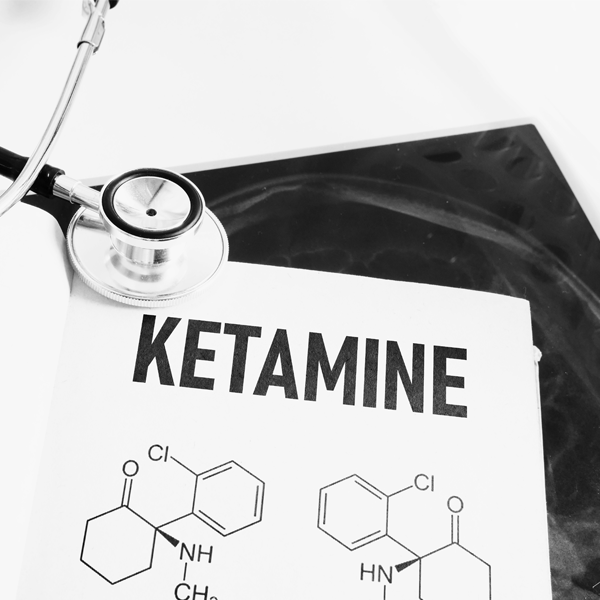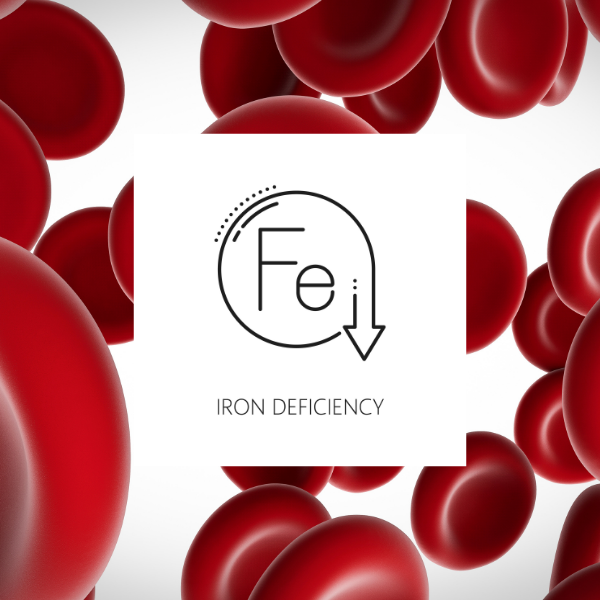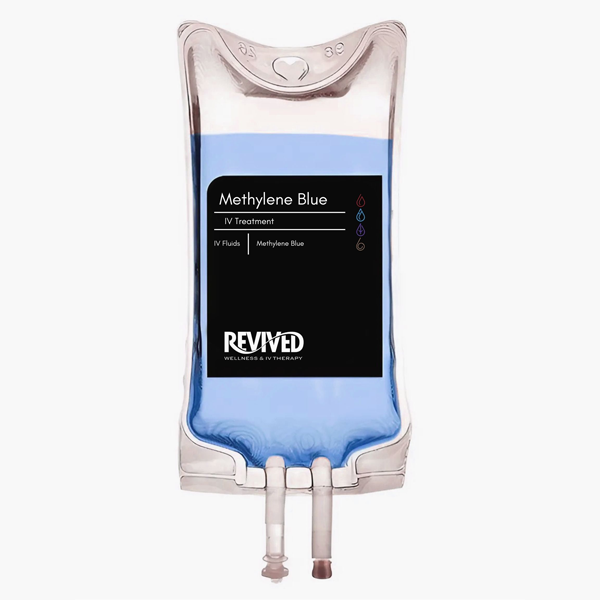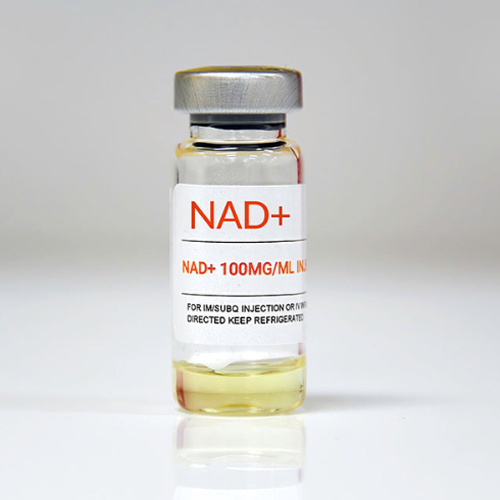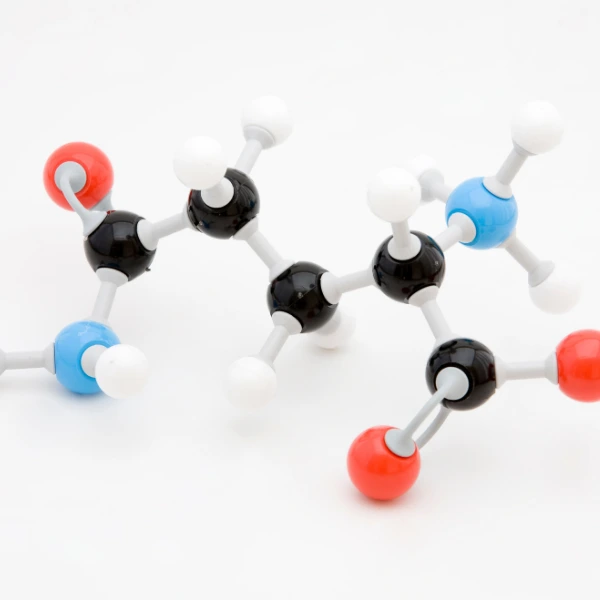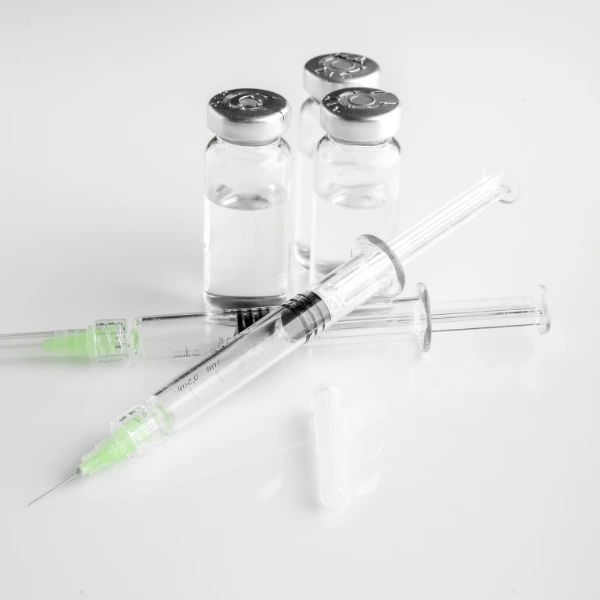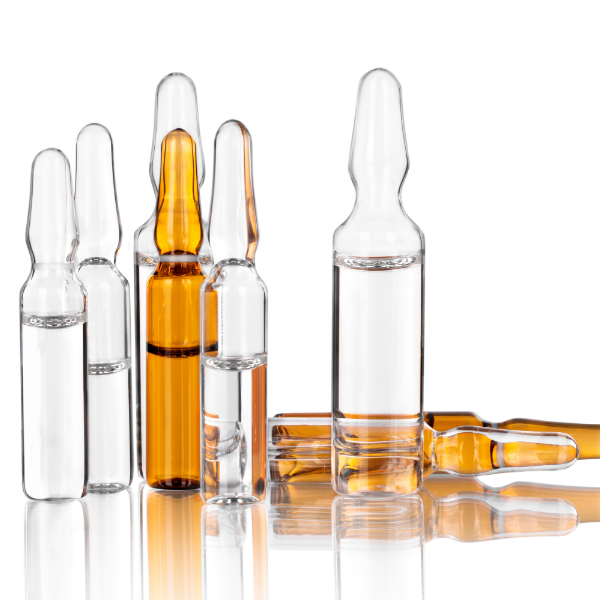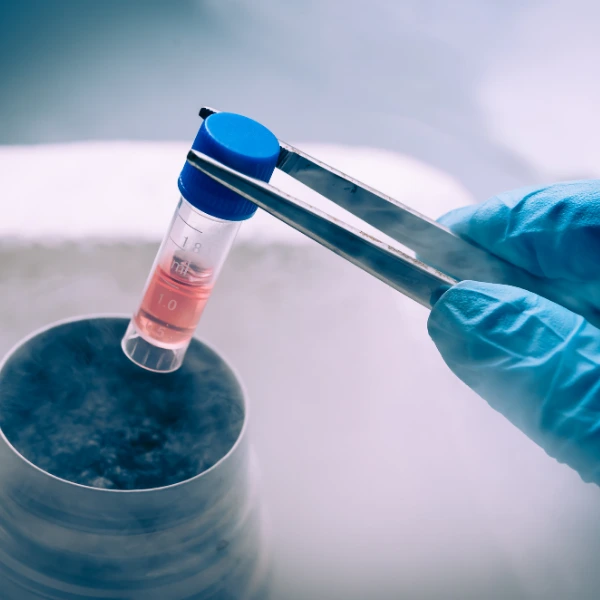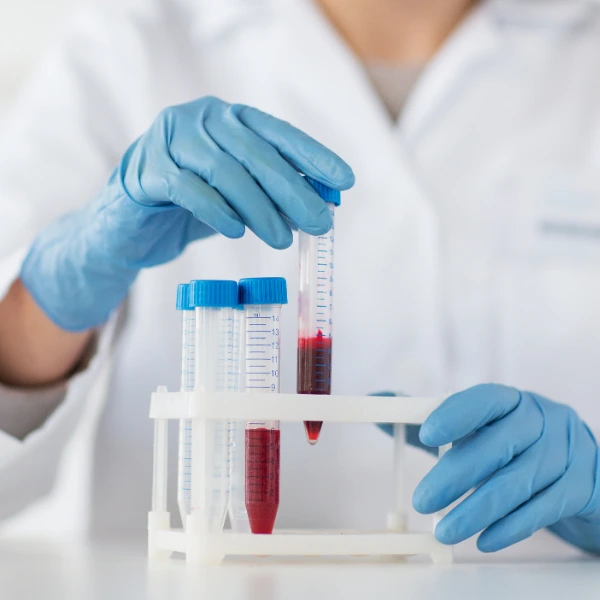Iron Infusion in Houston, TX
Iron IV Therapy
Iron-deficiency anemia is a common blood disorder that affects how oxygen is delivered to the red blood cells. With this condition, the body is unable to produce enough iron which may result in feelings of tiredness and fatigue. Iron-deficiency anemia can be treated with a number of different methods. One such option is as an iron infusion.
Iron IV infusions are often used when traditional iron supplements and dietary changes are ineffective or too slow in raising blood count levels. Additionally, individuals with gastrointestinal issues, such as irritable bowel syndrome, that impair the absorption of oral iron can also benefit from this treatment.
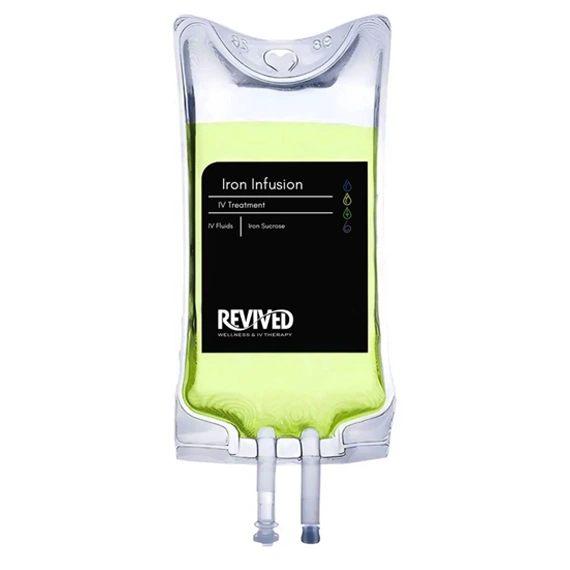
Symptoms of Iron Deficiency
- Fatigue, Difficulty Concentrating
- Dizziness, Shortness of Breath
- Headaches
- Cold Hands and Feet, Pale Skin
- Brittle Nails
- Restless Legs Syndrome
- Heart Palpitations
- Unusual Cravings
- Inflamed Tongue
Benefits of Venofer Iron Iv
- Fast and Effective Absorption
- Increased Energy Levels
- Improved Oxygen Transport
- Enhance Cognitive Function
- Correction of Anemia
- Alleviation of Restless Legs Syndrome
- Improved Exercise Tolerance
- Hair and Nail Health
- Enhanced Immune Function
Who Qualifies for an Iron Infusion?
- Females with a hemoglobin below 12
- Males with a hemoglobin below 13
- Labs must be tested day of infusion or as recent as the past 30 days
How Does My Doctor Diagnose Anemia?
How to Measure Iron Levels:
Labs to Check Iron Status Include:
- Iron
- TIBC
- Ferritin
- Transferrin
Iron Iv Infusion is Good for:
Who Can Benefits
- Anyone who's suffered significant blood loss from menstruation, ulcer, or cancer.
- Those following a plant based or low iron diet.
- Those taking medication that prevents the absorption of iron.
- Those who have conditions that consume more iron.
Can Iron Containing Foods Help With Iron Levels?
Who May Not Receive Iv Iron Infusion?
Frequently Asked Questions
Ozone Therapy is an excellent choice for individuals seeking to improve their overall health and wellbeing. Ozone + UV IV treatment is beneficial for various health issues, such as:
- Acute and chronic illnesses
- Inflammatory conditions
- Viral and bacterial infections
- Autoimmune diseases
- Circulatory conditions
- Respiratory diseases


